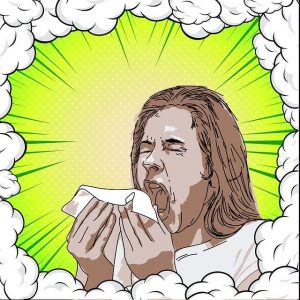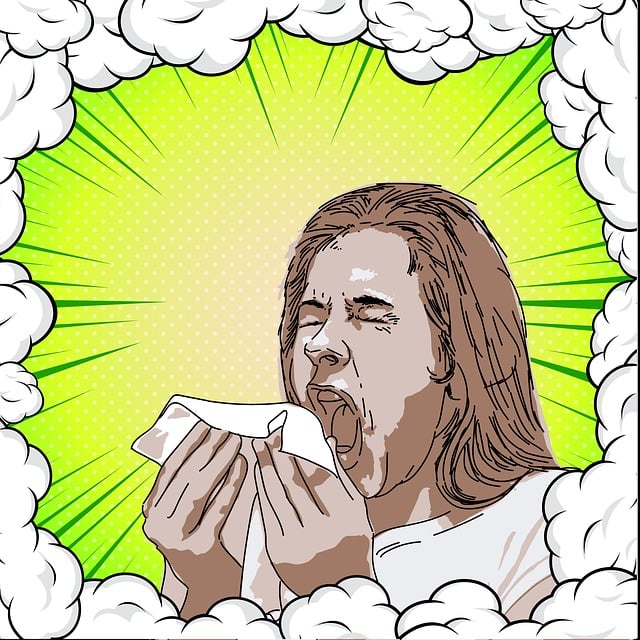Hypochondria, also known as illness anxiety disorder, is a mental health condition characterized by excessive worry and fear about having a serious illness. People with hypochondria often experience physical symptoms that they interpret as signs of a serious illness, even when there is no medical evidence to support their concerns.
This condition can have a significant impact on mental health, causing distress and interfering with daily life. Seeking treatment for hypochondria is important in order to manage symptoms and improve overall well-being.
What is Hypochondria?
 Hypochondria is a mental health condition that involves excessive worry and fear about having a serious illness. People with hypochondria often experience physical symptoms that they interpret as signs of a serious illness, even when there is no medical evidence to support their concerns. This can lead to frequent doctor visits, medical tests, and unnecessary treatments.
Hypochondria is a mental health condition that involves excessive worry and fear about having a serious illness. People with hypochondria often experience physical symptoms that they interpret as signs of a serious illness, even when there is no medical evidence to support their concerns. This can lead to frequent doctor visits, medical tests, and unnecessary treatments.
One common misconception about hypochondria is that it is simply an overreaction to minor physical symptoms. However, people with hypochondria often experience very real physical symptoms that can be distressing and disruptive to daily life. Another misconception is that hypochondria is the same as being a “hypochondriac,” which implies that the person is faking or exaggerating their symptoms for attention. In reality, hypochondria is a legitimate mental health condition that requires treatment.
Hypochondria differs from other anxiety disorders in that it focuses specifically on health concerns. While other anxiety disorders may involve worries about various aspects of life, people with hypochondria are primarily focused on their physical health.
Symptoms of Hypochondria
Physical symptoms of hypochondria may include headaches, stomachaches, chest pain, and other bodily sensations that are interpreted as signs of a serious illness. Psychological symptoms may include anxiety, depression, and obsessive thoughts about health concerns. Behavioral symptoms may include frequent doctor visits, avoidance of certain activities or situations due to health concerns, and excessive checking of the body for signs of illness.
These symptoms can have a significant impact on daily life, causing distress and interfering with work, school, and social activities. People with hypochondria may also experience relationship problems due to their excessive worry and fear about health issues.
Causes of Hypochondria
The exact causes of hypochondria are not fully understood, but research suggests that genetic factors, environmental factors, and childhood experiences may all play a role. People with a family history of anxiety disorders or hypochondria may be more likely to develop the condition themselves. Environmental factors such as stress and trauma may also contribute to the development of hypochondria.
Childhood experiences may also be a factor in the development of hypochondria. For example, if a child grew up in an environment where illness was frequently discussed or feared, they may be more likely to develop hypochondria as an adult.
Anxiety and stress are also thought to play a role in the development of hypochondria. People with hypochondria often experience high levels of anxiety and stress related to their health concerns.
Cognitive Behavioral Therapy (CBT)
Cognitive Behavioral Therapy (CBT) is a type of therapy that is often used to treat hypochondria. CBT focuses on identifying and changing negative thought patterns that contribute to anxiety and other mental health conditions.
In the case of hypochondria, CBT can help people identify and challenge their beliefs about their health concerns. For example, someone with hypochondria may believe that every headache is a sign of a brain tumor. Through CBT, they can learn to recognize when these thoughts are irrational and replace them with more realistic thoughts.
CBT techniques used in hypochondria treatment may include exposure therapy, which involves gradually exposing the person to situations that trigger their anxiety about health concerns. This can help them learn to manage their anxiety in these situations and reduce their overall level of fear.
Studies have shown that CBT can be an effective treatment for hypochondria, with success rates ranging from 50-80%.
Medication
Medication may also be used to treat hypochondria, particularly in conjunction with therapy. Antidepressants and anti-anxiety medications may be prescribed to help manage symptoms of anxiety and depression related to hypochondria.
It is important to note that medication alone is not typically enough to effectively treat hypochondria. Therapy is usually necessary in order to address the underlying thought patterns and beliefs that contribute to the condition.
Potential side effects of medication may include nausea, dizziness, and changes in appetite or sleep patterns. It is important to discuss any concerns about medication with a healthcare provider.
Relaxation Techniques
Relaxation techniques such as deep breathing, meditation, and progressive muscle relaxation can be helpful in managing symptoms of hypochondria. These techniques can help reduce anxiety and promote feelings of calmness and relaxation.
Incorporating relaxation techniques into a treatment plan for hypochondria can help people learn to manage their anxiety in a healthy way and reduce the impact of physical symptoms on daily life.
Seeking Professional Help
Seeking professional help for hypochondria is important in order to effectively manage symptoms and improve overall well-being. A qualified mental health professional can provide a diagnosis and develop a treatment plan tailored to the individual’s specific needs.
To find a qualified mental health professional, it may be helpful to ask for recommendations from a primary care physician or insurance provider. Online directories such as Psychology Today can also be useful in finding a therapist who specializes in treating hypochondria.
During hypochondria treatment, individuals can expect to work with a therapist to identify negative thought patterns related to health concerns, learn coping strategies for managing anxiety, and develop skills for challenging irrational beliefs about health issues.
An alternative to paying for several sessions of help is to download a hypnosis for hypochondria MP3 and listen to it as often as you need to overcome your hypochondria.
Hypochondria, or illness anxiety disorder, is a mental health condition characterized by excessive worry and fear about having a serious illness. Symptoms of hypochondria can have a significant impact on daily life, causing distress and interfering with work, school, and social activities.
Effective treatment options for hypochondria include Cognitive Behavioral Therapy (CBT), medication, relaxation techniques, and seeking professional help. It is important to seek treatment for hypochondria in order to manage symptoms and improve overall well-being. With the right treatment plan, it is possible to break free from the cycle of excessive worry and fear about health concerns.









